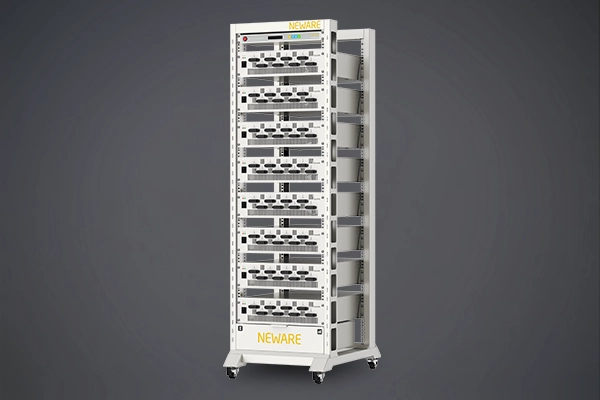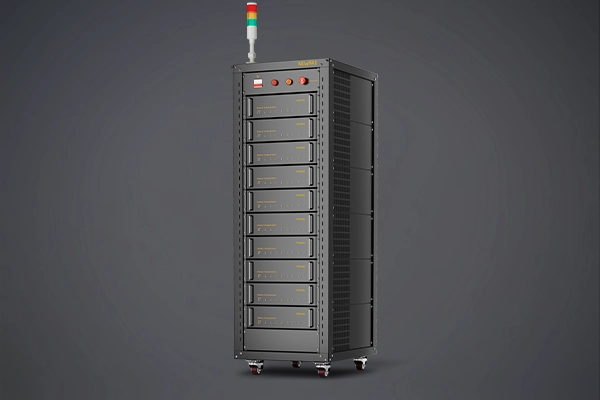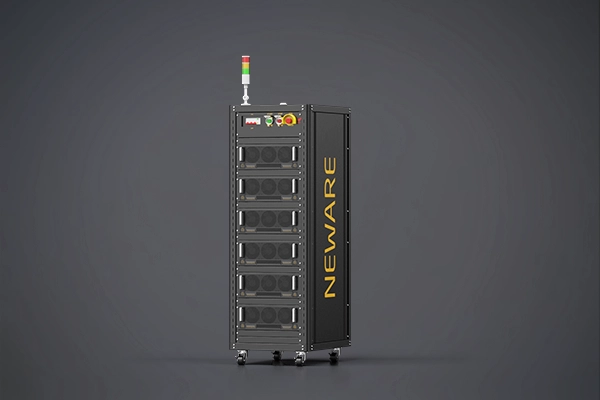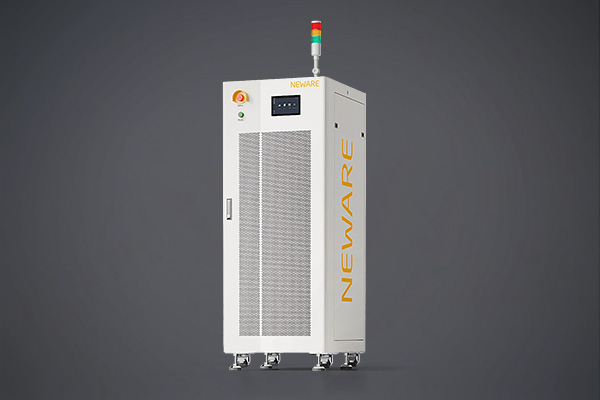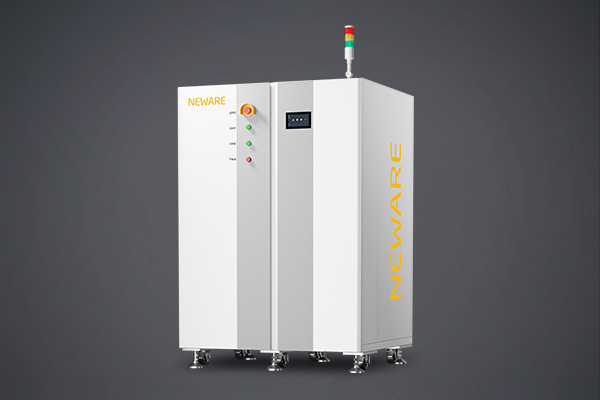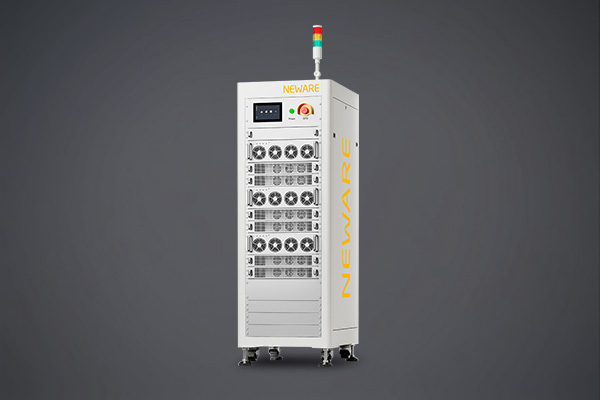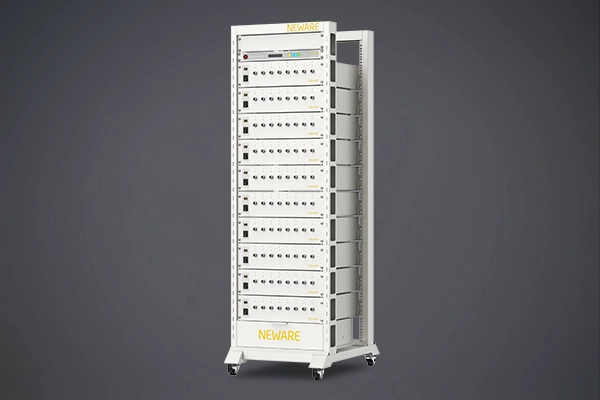As the core technology for the next generation of power batteries, solid-state batteries have been gaining increasing attention in the market. On April 10, 2024, according to the Qingdao Institute of Bioenergy and Bioprocess Technology, Chinese Academy of Sciences (CAS), the Advanced Energy Storage Materials and Technology Research Group at the institute made new progress in sulfide electrolyte research. They have successfully addressed the industry's pain points and bottlenecks in the lamination process of sulfide all-solid-state batteries, overcoming the final hurdle in the large-scale production process for vehicle-mounted batteries. They have achieved a crucial breakthrough in sulfide soft-pack battery lamination technology.
Solid-state batteries have been a hot topic in the lithium battery industry in recent years. It is understood that solid-state batteries have disruptive technological advantages over traditional liquid-state batteries, as they can solve the core issues of electric vehicle fires and power loss at low temperatures. However, the difficulty of mass production and integration into vehicles remains a challenge, and thus large-scale deployment has not been realized yet.
The semi-solid-state route offers a smoother transition from existing liquid lithium-ion battery systems and is seen as a transitional path towards full solid-state batteries. The supply chain for semi-solid-state batteries overlaps with the existing supply chain, resulting in limited impacts on the industry chain. Commercialization will initially focus on high-end applications such as aerospace, medical, and consumer electronics.
All-solid-state batteries have attracted significant attention as the next-generation power battery technology due to their advantages of high safety, good stability, and high energy density, which address the issues of short lifespan, flammability, and explosiveness associated with traditional organic electrolyte batteries.
Currently, the Institute of Energy Research at the Chinese Academy of Sciences (CAS) has established a pilot-scale production line for kilogram-level sulfide electrolyte preparation, enabling stable production at the kilogram scale. They have also set up a small-scale production line for all-solid-state batteries and developed high-voltage, long-life soft-pack all-solid-state lithium-ion batteries that have undergone 1000 cycles at room temperature with 92% capacity retention (Toyota's standard is set at 80% capacity retention after 1500 cycles) and have demonstrated discharge capability at 4C rate.
The research team has also produced multi-layered laminated soft-pack batteries that have undergone 300 cycles with almost no capacity decay, and further performance testing is underway. Currently, the team is preparing for the establishment of a production line for 20Ah sulfide all-solid-state batteries and collaborating with industry partners along the supply chain to accelerate the research, development, and verification processes, aiming to achieve mass production of sulfide all-solid-state batteries by 2026.
Solid-state batteries can be classified into three electrolyte systems based on the electrolyte materials: polymer, oxide, and sulfide.
Compared to the other two material systems, sulfide-based solid-state batteries exhibit higher ionic conductivity, approaching the level of liquid electrolytes. They outperform oxide-based solid-state batteries in terms of energy density, cycle life, and fast charging capabilities. Sulfide materials also possess strong suppression ability against lithium dendrite formation, making them the material system with the highest theoretical potential for applications in power batteries. However, sulfide-based batteries do have drawbacks such as higher manufacturing costs and poor air stability.
NEWARE TECHNOLOGY LLC
755 Ames Avenue, Milpitas, CA, USA, 95035





